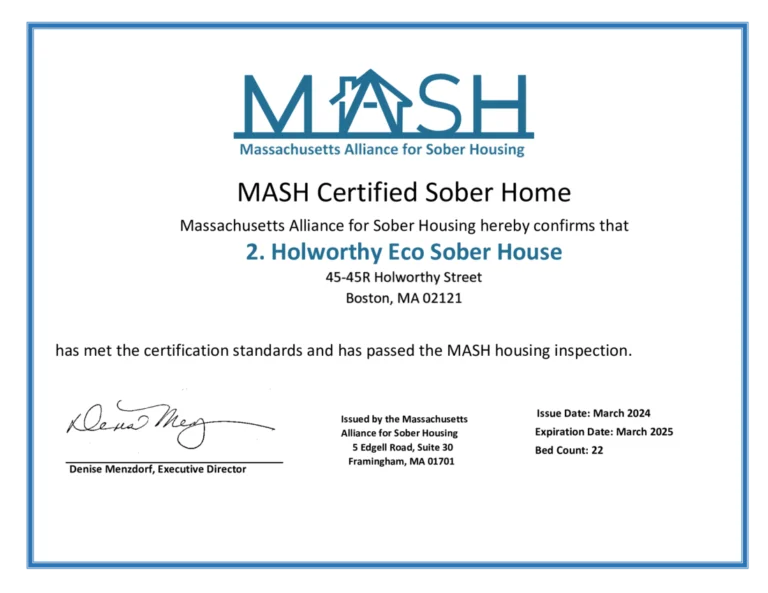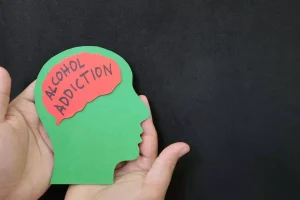
And are addressed through activities such as writing about the traumatic event. Your therapy should help manage symptoms and reaction to trauma and help you deal with related emotions. Self-helpThere are things that you can do to help manage your mental health. This is called ‘self-help.’ You can read more about self-help further down this page. If you have experienced depression or anxiety now or in the past, you are at a higher risk of developing PTSD.
- PTSD sometimes doesn’t surface until years after a traumatic event.
- Chronic pain, in some cases, reminds a person of the traumatic event, which can increase PTSD symptoms.
- Some people with PTSD, such as those in abusive relationships, may be living through ongoing trauma.
- You’ve often experienced your surroundings as if they’re unreal or from a dream (disconnection from environment).
- Activities you normally enjoy may not interest you anymore.
Signs of Anger in PTSD
Use these free digital, outreach materials in your community and on social media to spread the word about mental health. Use these free education and outreach materials in your community and on social media to spread the word about mental health and related topics. Download, read, and order free NIMH ptsd and blackouts brochures and fact sheets about mental disorders and related topics. NIMH statistics pages include statistics on the prevalence, treatment, and costs of mental illness for the population of the United States. NIMH offers expert-reviewed information on mental disorders and a range of topics.
Risk factors

If it’s a life-threatening emergency, call 911 immediately. Additionally, people with PTSD may exhibit heightened emotional reactivity. This can result in irritability, angry outbursts, reckless behavior, and being easily startled.
- One area that a number of researchers have focused on is experiencing traumatic events, particularly those that occur in childhood.
- The aim of NET is to put traumatic experiences into context.
- Trigger induced or just the physical drain of keeping secrets which is often part of the trauma for abuse victims.
- He enjoys tending his bountiful garden, going on hikes and volunteering on a farm.
What self-care and management skills can I try?
They provide group and one-to-one sessions, focused on self-reflection. Survivors UKThere for any man, boy or non-binary person who has ever experienced unwanted sexual activity, such as words, images or touch. The National Association for People Abused in Childhood (NAPAC)NAPAC supports adult survivors of childhood abuse. A carer’s assessment is an assessment of the support that you need so that you can continue in your caring role. You can complain about your treatment or any other aspect of the NHS verbally or in writing. See our information on ‘Complaining about the NHS or social services’ for more information.
- So often in our lives, we are stuck in our heads, caught up in the anxiety and worries of daily life.
- Anger is also a common response to events that seem unfair or in which you have been made a victim.
- You still have not processed a traumatic event from the past, so your brain is not capable of handling certain emotions in the present.
- Anger can be a very difficult emotion to manage, especially if it feels intense and out of control.
- We provide comprehensive educational resources, compassionate support, and evidence-based tools.
They provide support, friendship, and advice adults whose lives have been affected by childhood abuse. Veterans UKVeterans UK is a government body offering support for veterans. They provide welfare support for veterans of any age, and their families through the Veterans Welfare Service and the Veterans UK helpline. You can find out more about self-help in section 5 of our ‘Worried about your mental health’ factsheet under the heading ‘What can I do to help myself? Self-care is how you take care of your diet, exercise, daily routine, relationships and how you are feeling. Community advocates can support you to get a health professional to listen to your concerns.
Social Support

This person will help you find personalized solutions to cope with depression, anxiety, anger, grief, and other symptoms that come from traumatic events. Not only will you be able to close a traumatic chapter in your life, but you will also be able to rebuild relationships with friends and family members who can help you during your journey. Some people with PTSD, such as those in abusive relationships, may be living through ongoing trauma. In these cases, treatment is usually most effective when it addresses both the traumatic situation and the symptoms of PTSD. People who experience traumatic events or who have PTSD also may experience panic disorder, depression, substance use, or suicidal thoughts.
